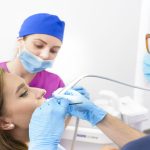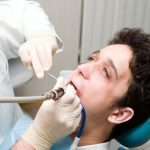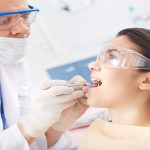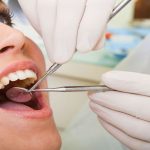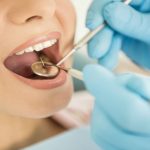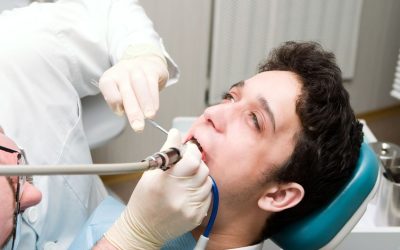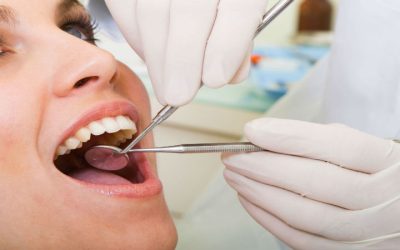Dental emergencies should not be treated lightly. Injuries to the teeth or gums can be more serious than they appear at first. Delaying an oral injury because it seems like it could wait could be a bad decision. Some injuries can permanently damage oral health just because the issue wasn’t taken care of on time. Emergency Dentistry in Beltsville MD is an on-demand service that treats urgent issues like agonizing toothaches, chipped and broken teeth, a knocked-out tooth, objects stuck in teeth, lost filling or crown, broken braces etc.
When a tooth is completely knocked out, quick action can be taken to salvage it. The tooth can be taken to a sink to rinse off. Hold on the opposite end from where it attaches to the root. Never remove any attached tissue. There are products sold in stores that contain cell growth medium. It provides protection for the tooth until a dentist can care for it. A dentist on duty for Emergency Dentistry in Beltsville MD has a greater chance of saving a tooth that is placed back in the socket within an hour after losing it.
Digital x-rays are propitious to routine oral maintenance. Modern x-ray technology can retrieve more information about oral health than was ever possible before. High-resolution imaging allows the dentist to view small details of the structures under the gums and other areas hidden in manual exams. These x-rays are safer and reduce radiation exposure up to ninety percent, compared to older x-ray technology. Intraoral photography is another advanced diagnostic tool. A small digital camera takes a detailed image that can locate small fractures, cavities and other conditions that are hard to detect early.
Those suffering from unexplained jaw pain and headaches could have a condition called TMJ. This condition develops with an irregular bite, jaw joint misalignment or facial injury. The severity of the disorder varies greatly so a dentist would need to evaluate how it affects a patient. There are several procedures and corrective techniques that re-position the outline of the jaw. Night guards, crowns, braces and orthotic splints all help shift the jaw into a comfortable position. Once the joints and muscles in the jaw can relax, symptoms usually disappear. To learn more about dental services, read the full info here.

